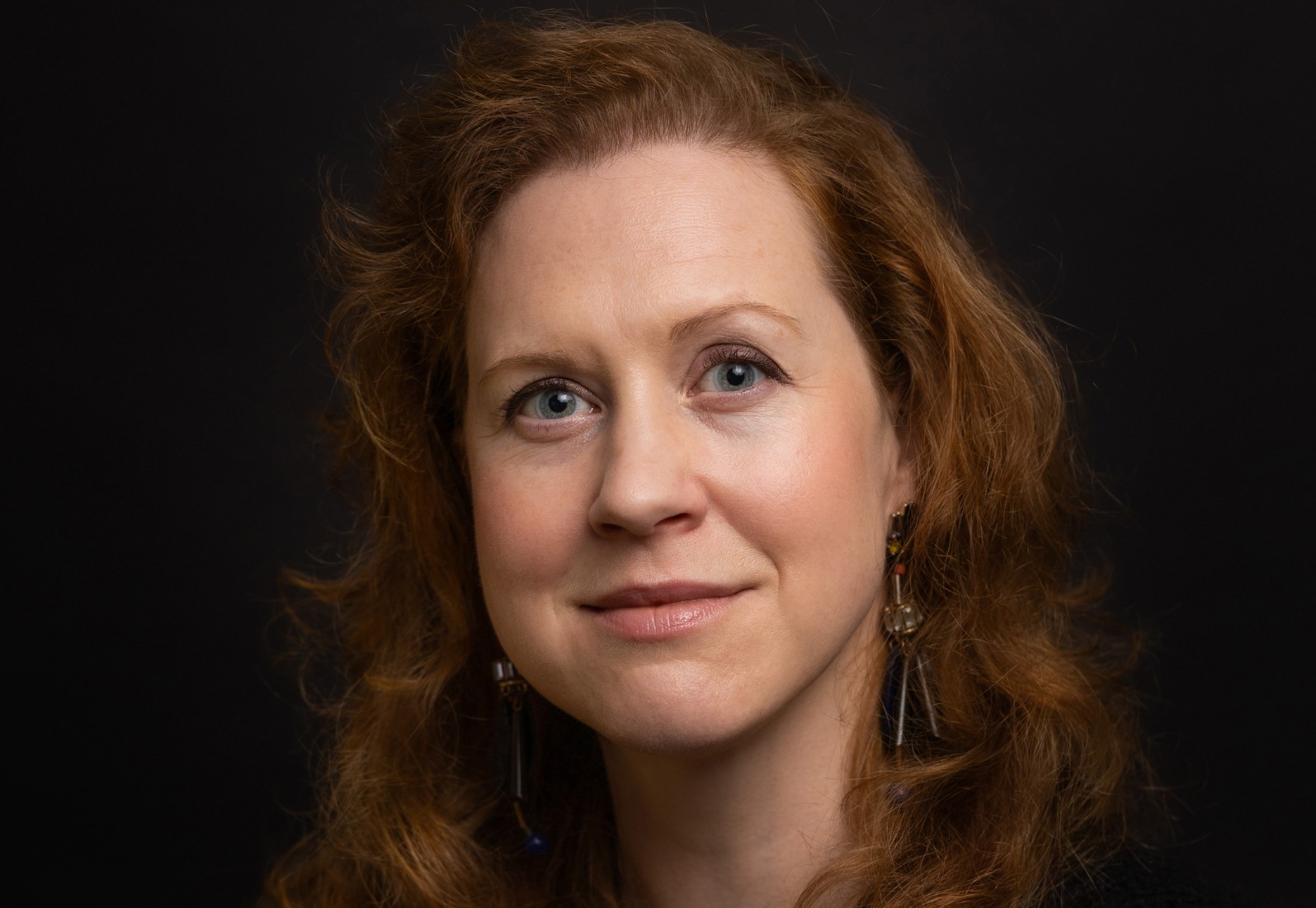Kat Brown is an author, journalist and commentator whose book It’s Not a Bloody Trend smashes the stereotypical idea of ADHD with scientific evidence, historical context and personal experience. Kat is also the author of No One Talks About This Stuff, a groundbreaking anthology sharing people’s untold experiences of infertility and baby loss. Here she discusses ADHD and her books in more detail…
Your book It’s Not a Bloody Trend has been getting some rave reviews. Why did you want to write the book?
I wanted to write the book because I was hugely annoyed by ADHD coverage in my industry. The ‘trend’ narrative was one I’d first noticed with depression in the early 2010s, and I now see it has been going for years. Swelled by [Boris] Johnson and the growth of populism more generally, there was a focus on opinion rather than fact. I was bored of living in a version of The Emperor’s New Clothes and would rather be the child who goes “Actually, you’re naked, and extremely disingenuous while you’re at it.”
What impact did your ADHD diagnosis have on you & was there a sense of relief getting a diagnosis?
Oh hugely! Like so many people going for diagnosis, I was worried it wouldn’t be ADHD and then I’d have to carry on without an answer. I was beyond relieved to have an explanation. The difficulty was that the diagnosis wasn’t the big theatrical red velvet curtain coming down that I’d hoped for, but simply opened up more questions.
It seems there is a lack of understanding about ADHD, why do you think that is and how do we tackle that?
Anything that comes to mainstream attention and is seemingly new or different, or requires looking at people with more respect, gets similar treatment. If you take the heat out of it, and look at how this has appeared through history: the emancipation of slaves and the ongoing mistreatment of black people; how we used to treat people with learning differences; how women used to be treated for ‘hysteria’ and how little we know about or invest in female healthcare now; homosexuality being illegal, the AIDS crisis, and how trans people are treated today… everything is cyclical. Society is cyclical. What we need to do is remember that we are adults, engage our critical thinking, and focus on the overview rather than what someone just shared on Facebook.
What were the most interesting things you learned while researching and working on the book?
Professor Philip Asherson, who co-wrote the NICE guidelines on. ADHD in adults, told me about the 2021 consensus statement on ADHD. It’s 208 objectively correct statements made by scientists laboriously cross-referencing studies of more than 2,000 participants, and those statements are then approved and endorsed by hundreds more scientists. It’s something so calmly, objectively true that it feels like a cool drink of water.
What impact do you hope the book has on people?
God it’s a cliche but I want people to know they aren’t alone. Whether you think you have ADHD, or live with someone you think might have it, know that it’s not “just you” – it’s never just you. I’ve interviewed tons of people with ADHD, and experts who actually know this stuff, and I’ve followed the suggestions I’ve been given along the way of what to follow up. I hope this book empowers people – and I hope it makes them laugh.
You’ve also written a second book, No One Talks About This Stuff. Can you talk a bit about the idea behind this one?
Yes! It’s another very sexy subject that will doubtless make me a millionaire (lol). I went through failed IVF with my husband and the whole experience sent me mad. I created this anthology as a support group in a book for anyone going through the ongoing scream of infertility and loss. It’s also for anyone who wants to understand what it’s like – therapists, friends, family, colleagues and so on. I brought together 22 people – some established authors, many first-time writers – to share their experience, strength and hope about the very different ways they have lost children. Some, like me, never had children. Some are parents, and society doesn’t really allow them to feel grief because they have living children. I wanted to hold people’s hand while they’re feeling ugly, visceral emotions, and to show them that we are more similar than we are different – and it has a trigger index so that people can avoid any topics they aren’t yet ready to read about.
Have you been to Harrogate before and what are you looking forward to about coming to the town and appearing at this year’s Raworths Literature Festival?
I haven’t been since I was a teen which is so appalling – I interviewed Bernard Cornwell for the literary festival in 2020, but that was over Zoom. I’ve asked my Instagram for suggestions of what to do when I’m there as I’ll have some time around my talk and I can’t wait to visit as many recommendations as I can! It is such a ravishing town that I’ve been licking my phone screen in anticipation (sorry for that image).


